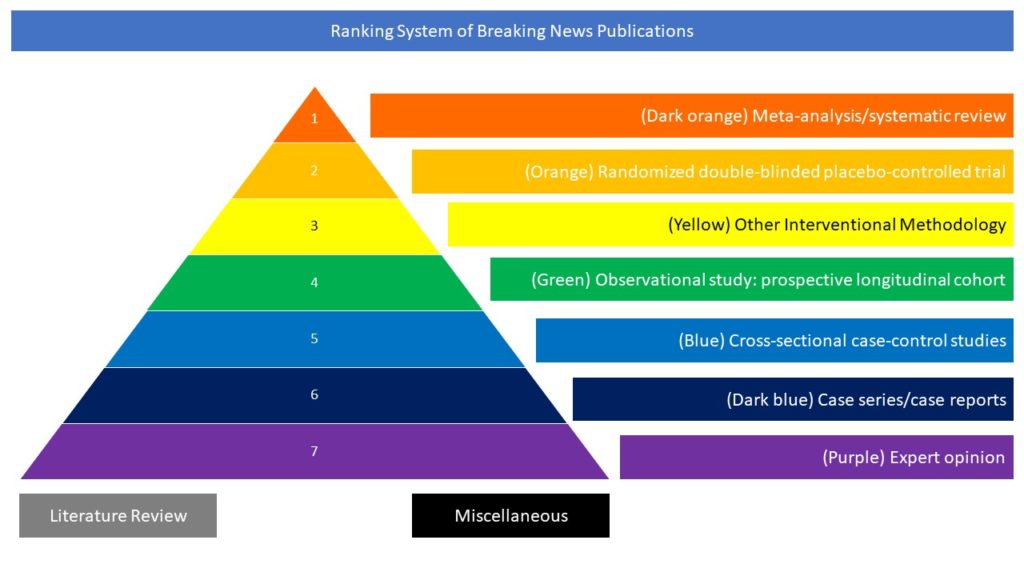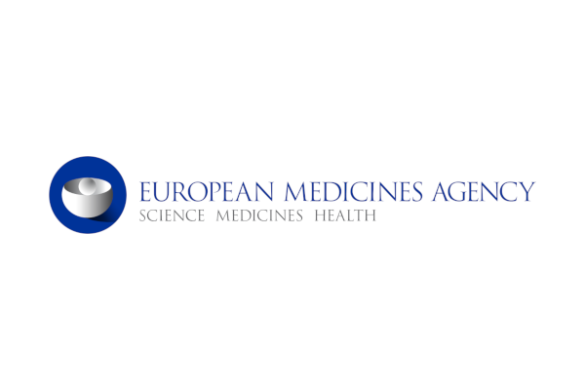4. Observational study: prospective longitudinal cohort
This retrospective multicentre study aimed to assess the number of patients with acute ischaemic cerebrovascular events seeking inpatient medical emergency care since the implementation of social distancing measures during the COVID-19 pandemic. Data on the number of hospital admissions due to acute ischaemic stroke or transient ischemic attack and numbers of reperfusion therapies performed in weeks 1 to 15 of 2020 and 2019 were collected in 4 German academic stroke centres. Little variation in admission rates was observed before and after week 11 in 2019 and between weeks 1 and 11 of 2019 and 2020. However, reflecting the impact of the COVID-19 pandemic, a significant decrease in the number of admissions for transient ischemic attack was observed (−85%, −46%, −42%) in 3 of the 4 centres, while in 2 of the 4 centres, stroke admission rates decreased significantly by 40% and 46% after week 12 in 2020. An impact on reperfusion therapies was found for 1 centre only (thrombolysis, −60%; thrombectomy, −61%). Positive correlations between the number of ischaemic events and mobility measures in the corresponding cities were identified for 3 of the 4 centres. The authors concluded that these data demonstrate and quantify decreasing hospital admissions due to ischaemic cerebrovascular events and suggest that this may be a consequence of social distancing measures, in particular because hospital resources for acute stroke care were not limited during this period. Hence raising public awareness is necessary to avoid serious healthcare and economic consequences of undiagnosed and untreated strokes and transient ischaemic attacks.
View Article: https://www.ahajournals.org/doi/10.1161/STROKEAHA.120.030395








